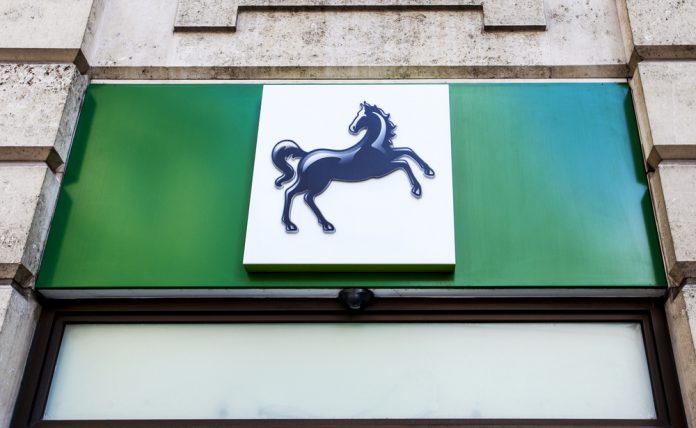Lloyds Bank (LON:LLOY) were the target of a 48-hour cyber attack in January, with hackers attempting to block access to its 20 million accounts.
The London based bank was affected by the hacking activity across the days of January 11 until January 13th, alongside Halifax and Bank of Scotland. The banks were overloaded with fake requests from cyber-attackers, designed to overwhelm the server and grind their online banking services to a halt.
Despite the hacking event, Lloyds maintained that no security of any accounts was breached, and no ransom was paid to the cyber-criminals.
The bank did not detail any specifics of the January incident however a statement was released. The statement read:
“We experienced intermittent service issues with internet banking between Wednesday morning and Friday afternoon the week before last and are sorry for any inconvenience caused.
“We had a normal service in place for the vast majority of this period and only a small number of customers experienced problems. In most cases if customers attempted another log-in they were able to access their accounts.
“We will not speculate on the cause of these intermittent issues.”
Andrew Tyrie, who chairs the House of Commons Treasury select committee, argued for a more concerted effort by the banking sector to challenge cyber-crime. In a statement, he commented:
As millions of customers are exposed to the risks of cybercrime, a higher level of scrutiny and accountability for existing arrangements is needed.”
Various UK banking and telecom companies have experienced similar hacking attacks in recent months, such as TalkTalk (LON:TALK) and Tesco (LON:TSCO), with the proliferation of the internet making attacks a more consequential event. Last November, the government called for greater investment in cyber-security, with the chancellor announcing a new £1.9 billion national initiative to ready the country in the event of malicious attacking attempts by other nations or cyber criminals.

